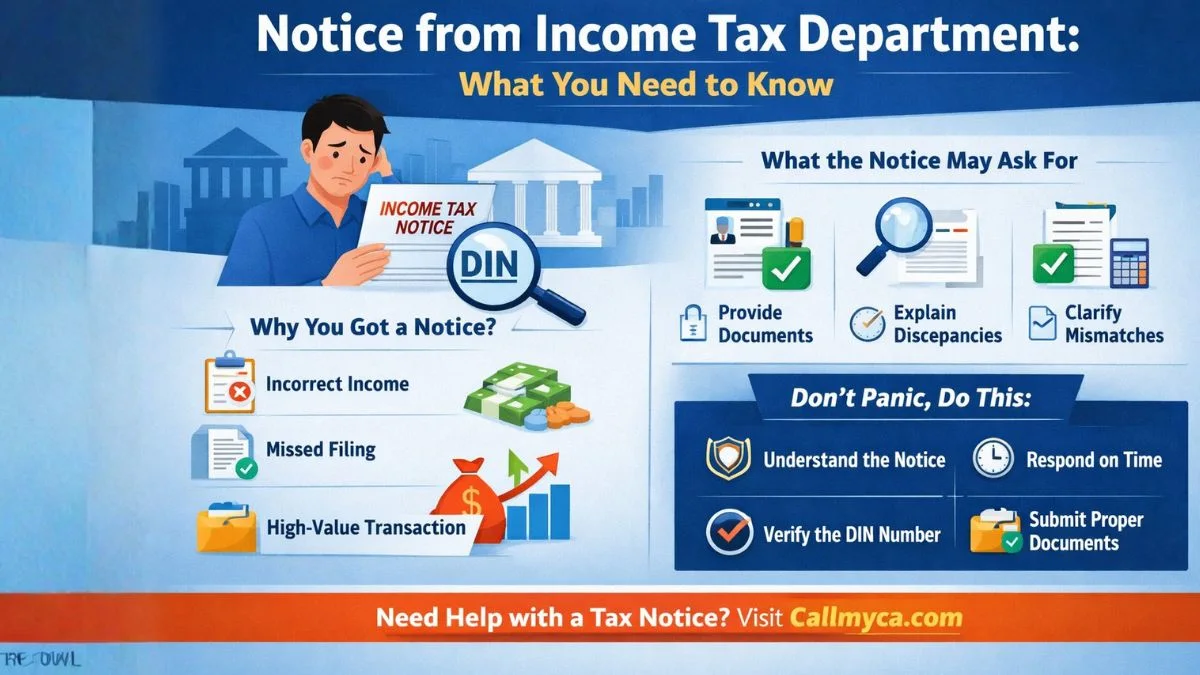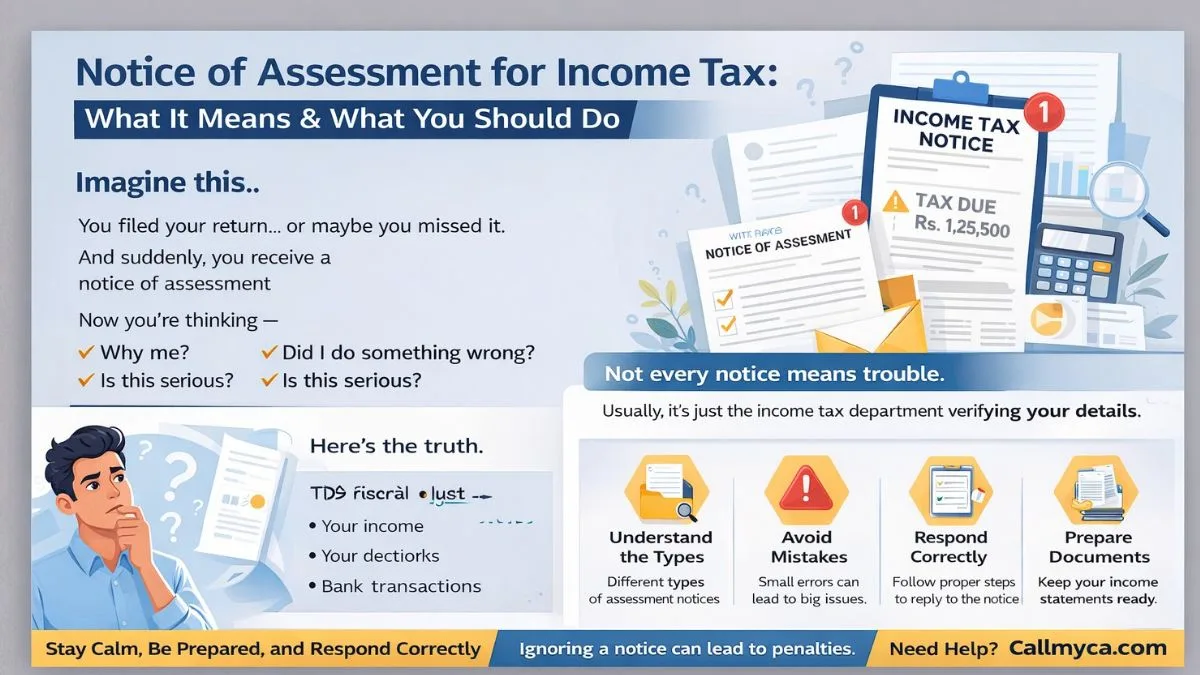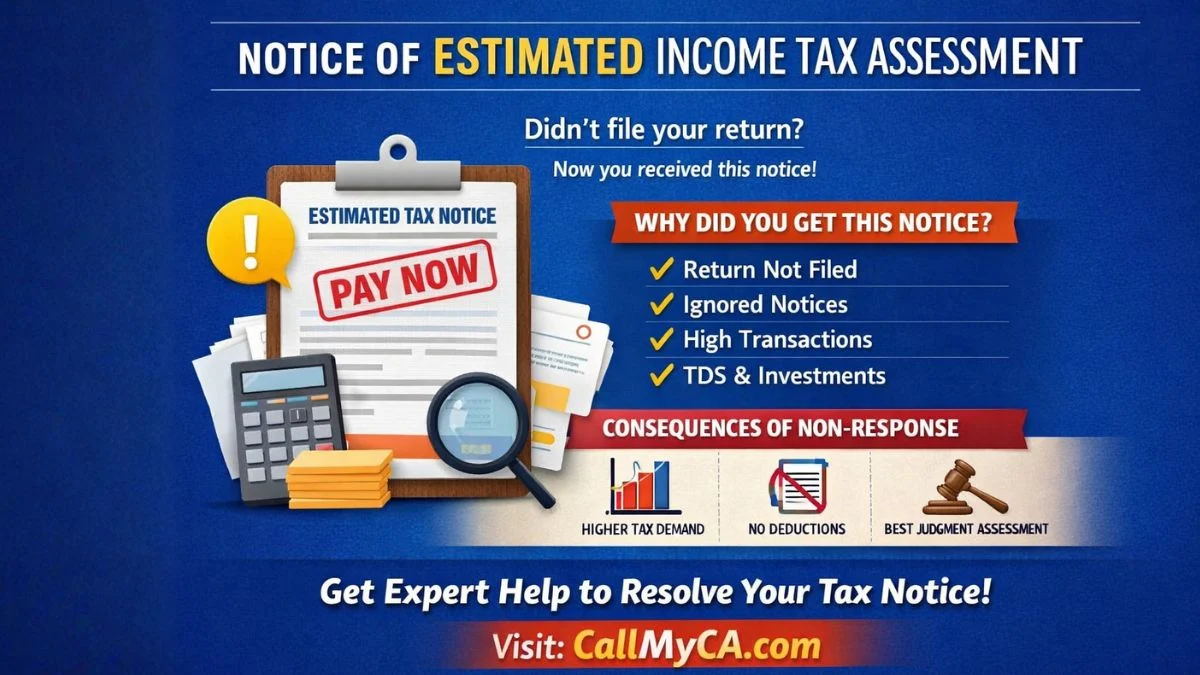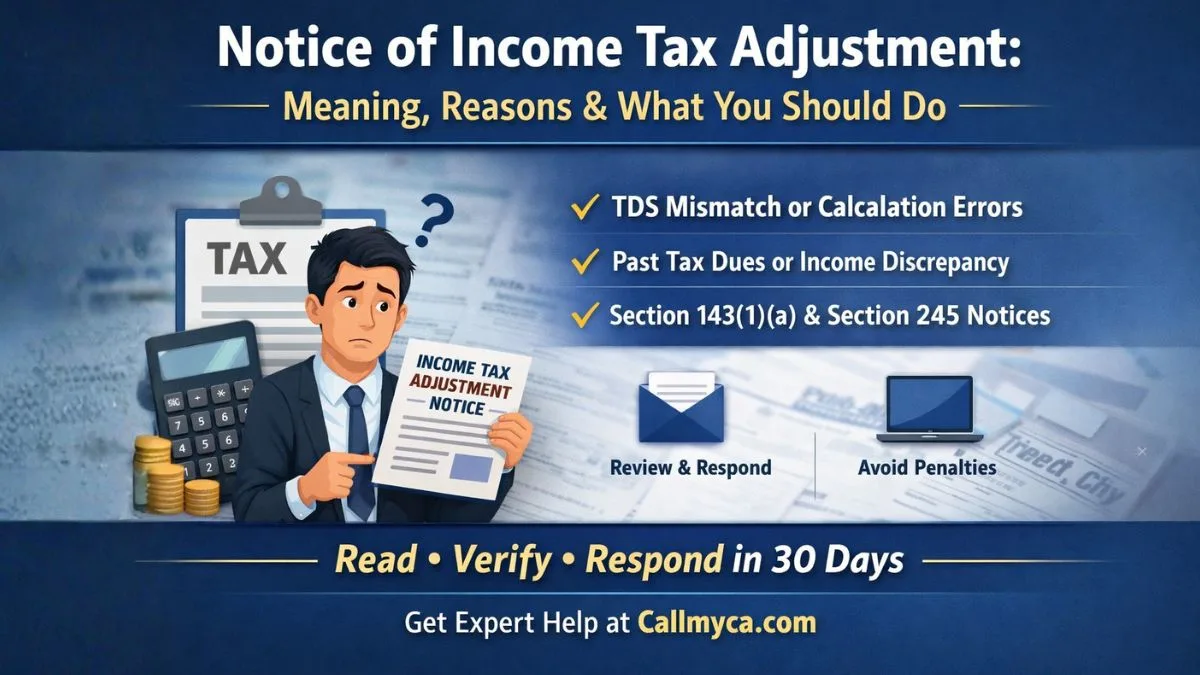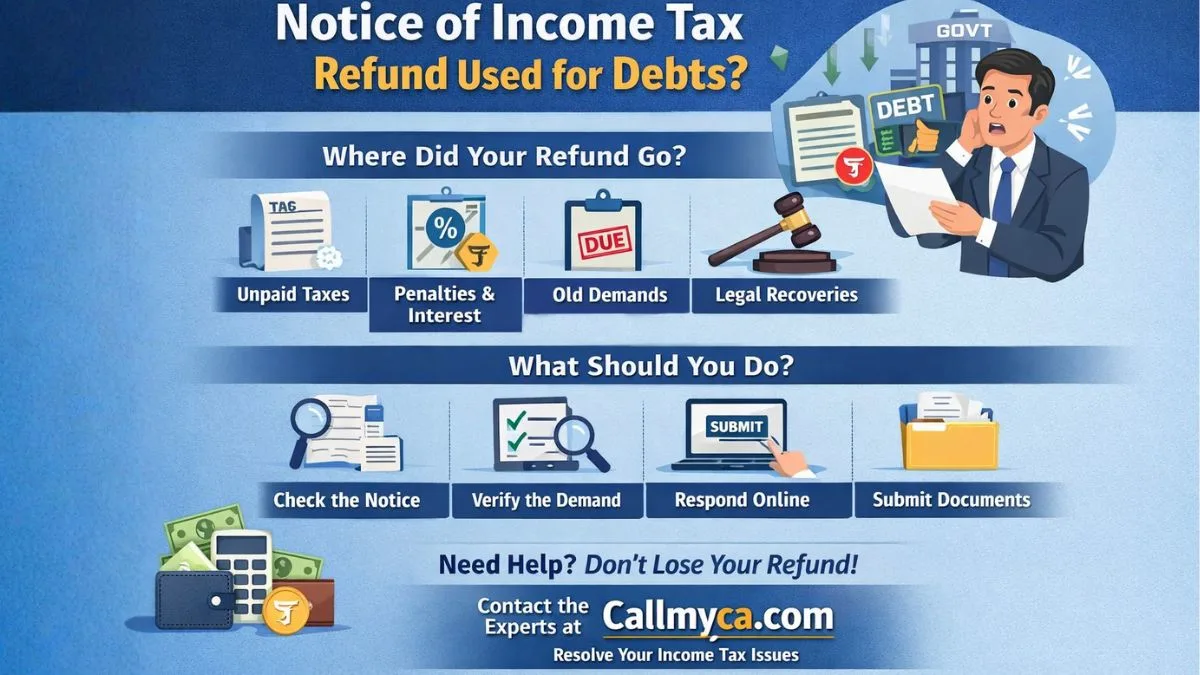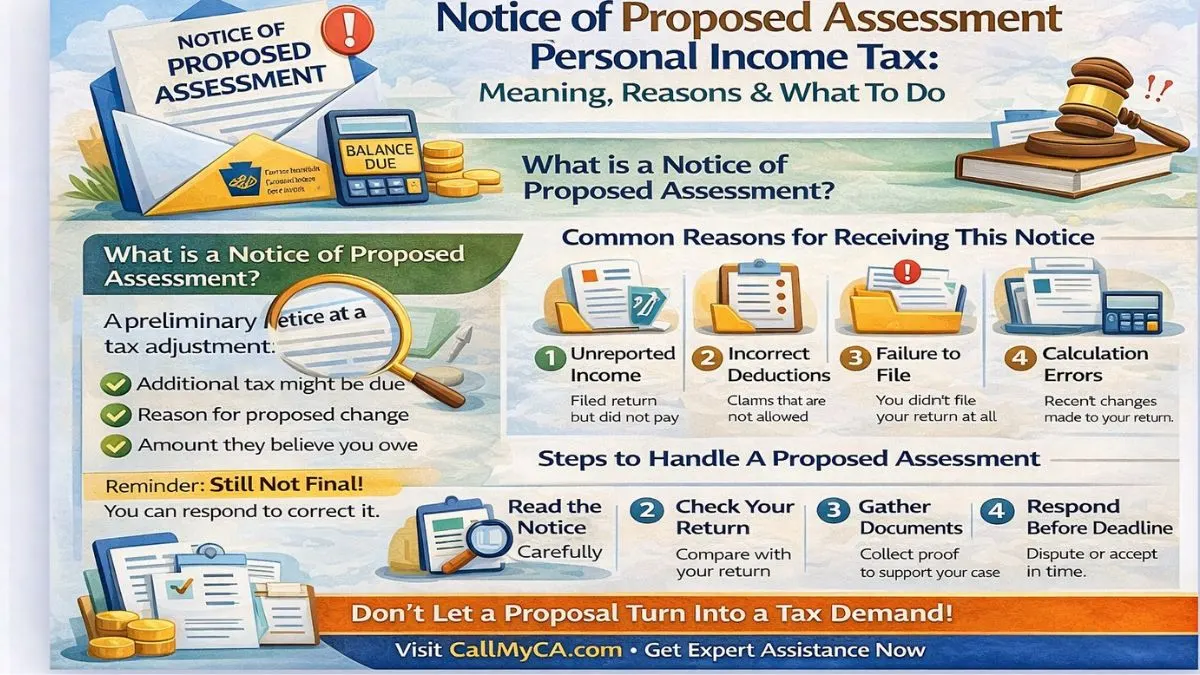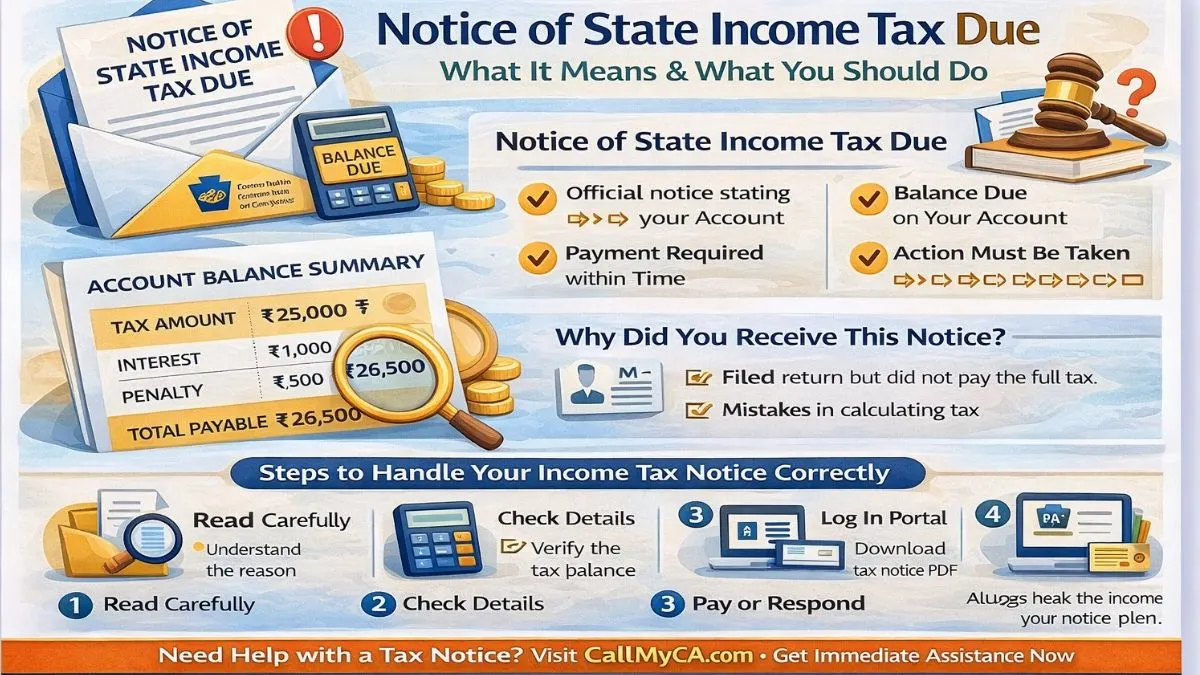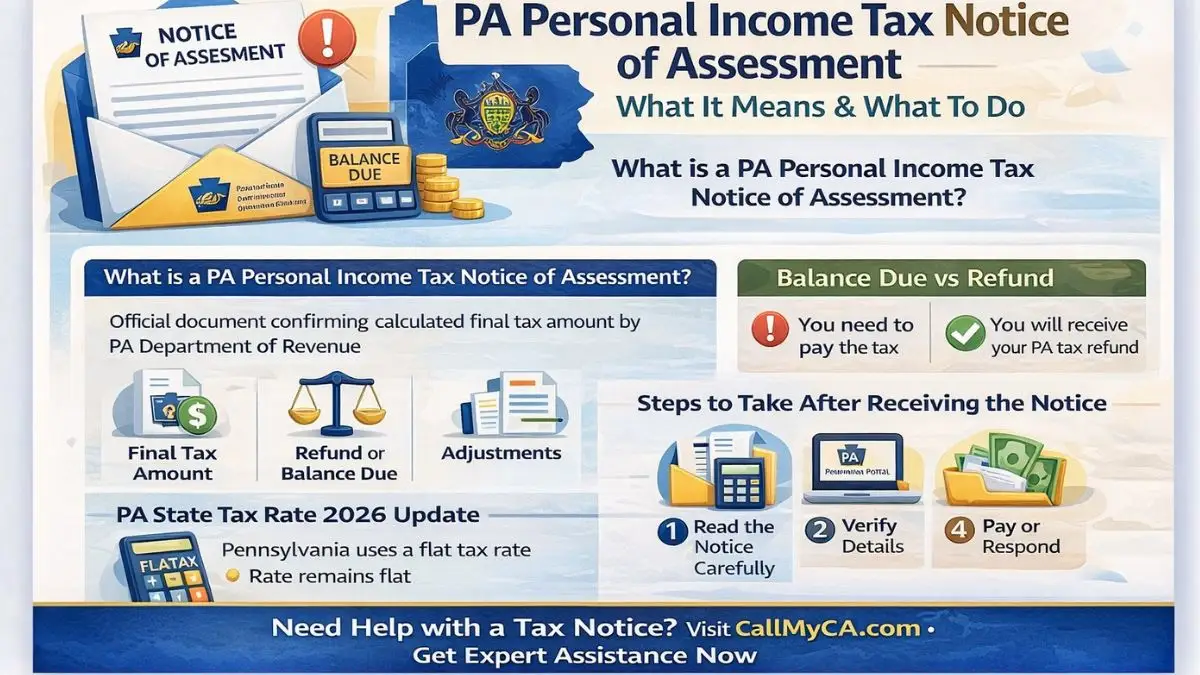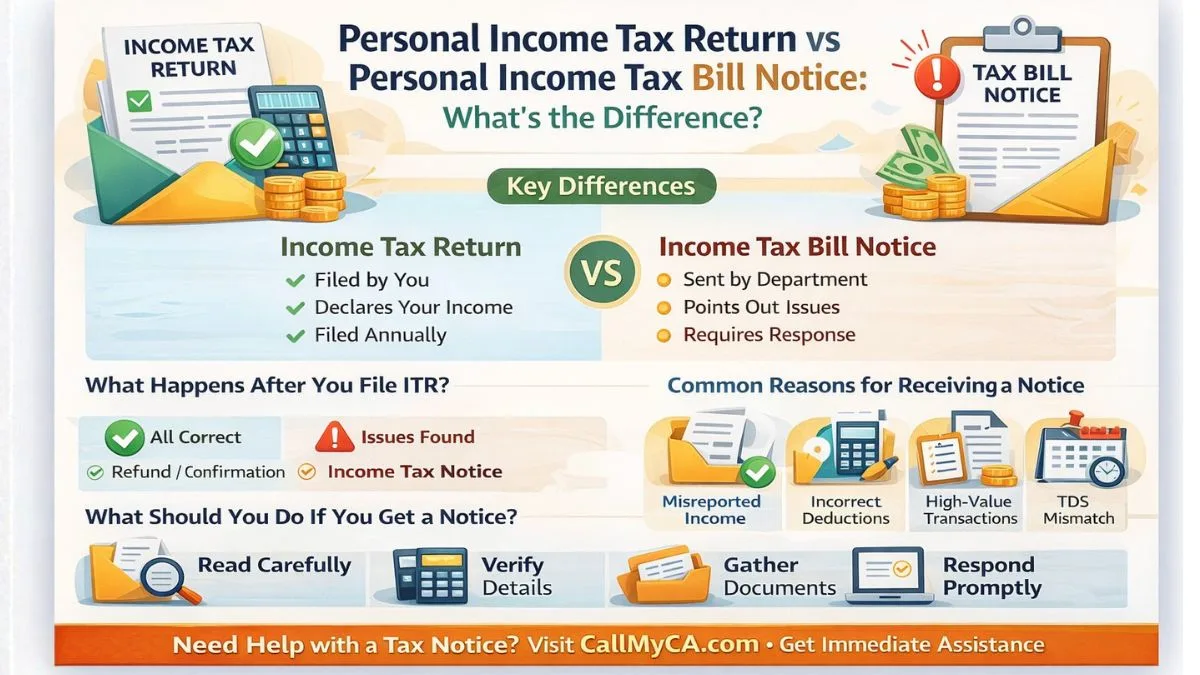
The Indian tax system gives taxpayers multiple layers of appeal when they are dissatisfied with an assessment or an order passed by tax authorities. One of the most important appellate provisions is Section 260 of the Income Tax Act, 1961, which deals with appeals to the High Court. This section provides that an appeal shall lie to the High Court from every order passed in appeal by the Appellate Tribunal, provided that the case involves a substantial question of law. In simpler terms, Section 260 acts as a legal safeguard for taxpayers by ensuring that important tax disputes can be reviewed by the judiciary at a higher level.
Understanding this section is crucial for taxpayers, tax professionals, and businesses, as it outlines the scope of High Court intervention in tax matters. It is closely linked with Section 260A of the Income Tax Act, which specifies the process of filing such appeals.
What Does Section 260 Cover?
Section 260 of the Income Tax Act sets out the framework for appeals from the Income Tax Appellate Tribunal (ITAT) to the High Court. The law makes it clear that not every issue can be escalated to the High Court; only cases involving a substantial question of law are eligible.
The provision ensures that factual disputes, which are already examined by lower authorities, are not unnecessarily dragged further. Instead, the High Court is called upon to decide matters where the interpretation of law, principles of taxation, or constitutional questions are involved. Thus, Section 260 creates a balance between taxpayers’ rights & judicial efficiency.
High Court appeals demand more than tax knowledge — they require legal strategy. Our CA team works with tax counsels to strengthen your case. 👉 click here
Appeals to the High Court – How It Works
The law clearly mentions that an appeal shall lie to the High Court from every order passed in appeal by the Appellate Tribunal if it meets the conditions. To break it down:
- The case must have been decided by the Appellate Tribunal.
- The party filing the appeal (taxpayer or department) must be aggrieved by the Tribunal’s order.
- The case should involve a substantial question of law, not just a factual disagreement."
- The High Court has to first admit the appeal & frame the substantial question of law for consideration.
This mechanism prevents frivolous appeals & ensures that only significant legal issues reach the High Court.
Link with Section 260A – Detailed Process
While Section 260 lays the foundation, the detailed procedure is laid down in Section 260A of the Income Tax Act. According to this section:
- Who can appeal? Either the taxpayer or the income tax department.
- Where to appeal? To the jurisdictional High Court.
- Time limit: The appeal must be filed within 120 days from the date of the Tribunal’s order.
- Format: The memorandum of appeal must clearly state the substantial question of law involved.
Thus, an appeal under Section 260A of the Income Tax Act is the practical route to move from the ITAT to the High Court.
Also Read: Golden Traders v. Assistant State Tax Officer (2022) – Kerala High Court
Examples of Substantial Questions of Law
To understand what qualifies as a "substantial question of law," let’s look at a few examples:
- Whether a particular type of income qualifies as business income or capital gains.
- Whether a deduction under a specific section was rightly allowed or disallowed.
- Whether an international transaction was correctly benchmarked under transfer pricing rules.
- Questions relating to constitutional validity of tax provisions.
These are not mere factual disputes but matters requiring judicial interpretation. Hence, such issues can be raised under Section 260 appeals.
Importance of Section 260 in Tax Litigation
Tax disputes in India often move through multiple appellate layers. Without Section 260, taxpayers would have limited recourse if they disagreed with an ITAT ruling. This section ensures:
- Access to judicial review at a higher level.
- Consistency in interpretation of income tax laws.
- Greater confidence in the fairness of the tax system.
For businesses with high-value disputes, this provision becomes a lifeline to protect their financial interests.
The High Court route is complex — missing a single legal ground can sink your appeal. Wondering how to safeguard your case? 👉 click here
Case Study Example
Consider a company engaged in infrastructure development. The ITAT holds that certain income should be taxed under “income from other sources” instead of “business income.” The company believes this interpretation is legally incorrect & materially impacts its tax liability.
Here, the company can approach the High Court under Section 260 of Income Tax Act, arguing that the Tribunal’s view involves a substantial question of law. If the High Court agrees, it may admit the appeal & review the case.
Challenges in Using Section 260
While Section 260 is a powerful tool, it comes with challenges:
- Limited Scope – Only substantial questions of law qualify, making the entry barrier high.
- Time-bound – The strict 120-day limit under Section 260A must be adhered to.'"
- Legal Complexity – Drafting & framing the right questions of law requires expert tax and legal knowledge.
This is why most taxpayers rely on experienced tax professionals & advocates when approaching the High Court under this section.
Also Read: Section 260A of the Income Tax Act: Appeals to the High Court
Judicial Approach towards Section 260 Appeals
Over the years, Indian High Courts have emphasized that not every order of the Tribunal should be interfered with. Courts generally admit appeals only when:
- The case has wider legal implications.
- There is ambiguity in law.
- The Tribunal’s decision appears contrary to settled principles.
This selective approach ensures that the judiciary’s time is spent on significant issues while maintaining finality in most factual disputes.
Conclusion
In summary, Section 260 of the Income Tax Act plays a critical role in the appellate framework of India’s tax laws. It provides that an appeal shall lie to the High Court from every order passed in appeal by the Appellate Tribunal, but only on substantial questions of law. The detailed procedure is outlined in Section 260A of the Income Tax Act, which governs how such appeals are filed & heard.
For taxpayers, this section represents a higher level of protection & a chance to ensure justice in complex tax matters. For the judiciary, it ensures that legal interpretation remains consistent and fair.
👉 Facing a complex tax dispute? Don’t risk missing out on your rights. Click here to connect with experts at Callmyca.com & get professional guidance on appeals, tax planning, and compliance.

